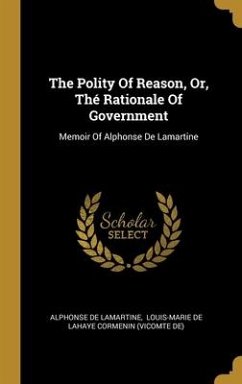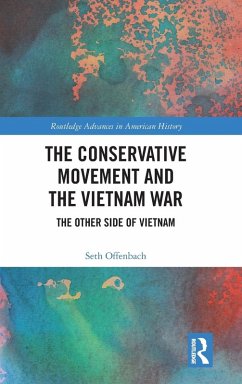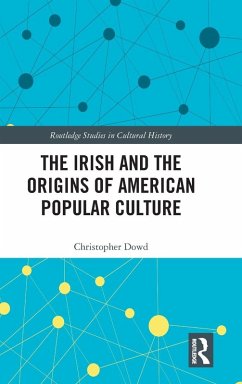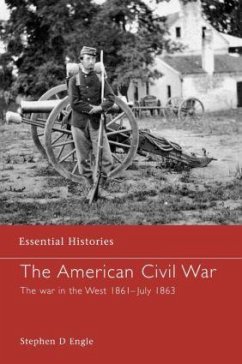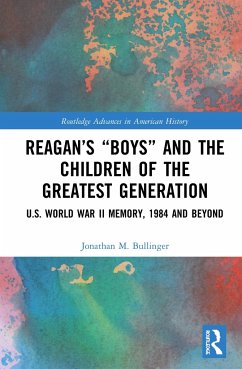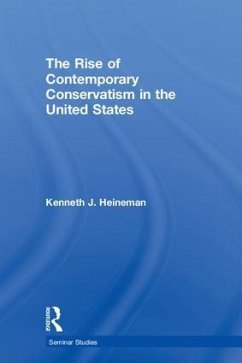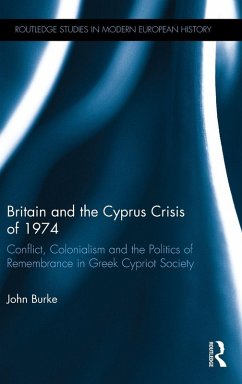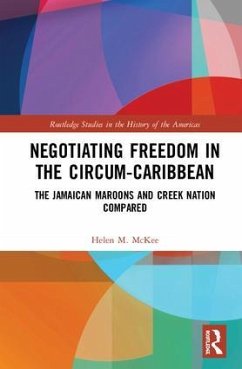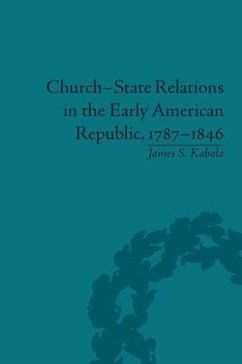
Reason, Religion and the Australian Polity
A Secular State?
Versandkostenfrei!
Versandfertig in 1-2 Wochen
168,99 €
inkl. MwSt.
Weitere Ausgaben:

PAYBACK Punkte
84 °P sammeln!
How did the concept of the secular state emerge and evolve in Australia? This is the most comprehensive study to date on the relationship between religion and the state in Australian history.





